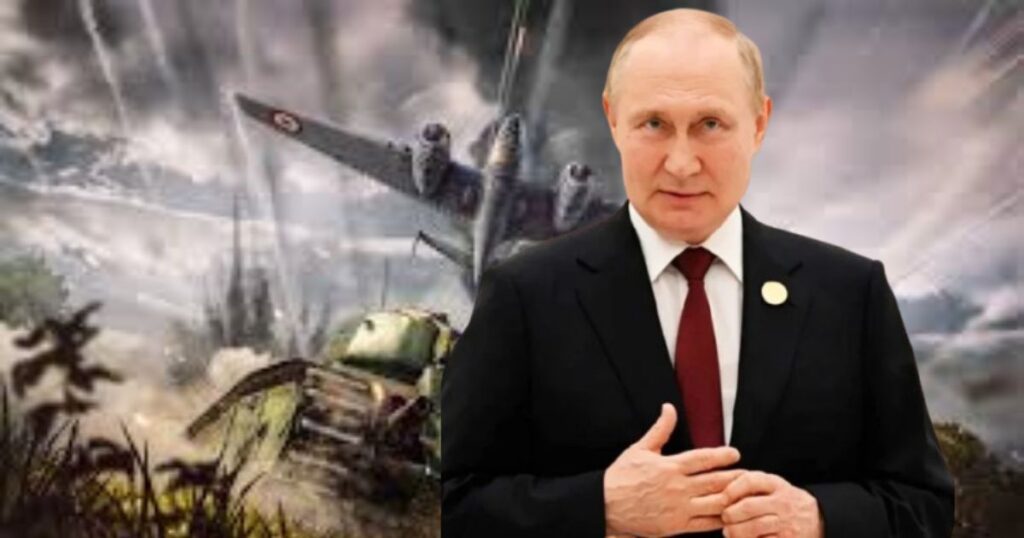Former NATO supreme allied commander Sir Richard Shirreff has issued a grim warning about the future of Europe if Ukraine and its Baltic allies are not sufficiently armed against Russian aggression.
He accused the U.S. President Donald Trump is dealing a “mortal blow” to NATO through his handling of the Ukraine conflict including delaying military aid and intelligence cooperation as the war enters its third year. Shirreff also warned that a Trump-brokered peace deal forcing Ukraine into submission could give Russian President Vladimir Putin an upper hand to expand his territorial ambitions beyond Ukraine.
The Looming Threat of War in Europe
Shirreff, alongside other defense experts, dropped a caution that Putin is determined to take full control of Ukraine and install pro-Kremlin regimes in Georgia, Moldova, and Romania. If successful, he believes the Russian leader will proceed to set his sights on the Baltic states, and that would potentially drag Europe into a large-scale war.
Recalling Russia’s past military operations, Shirreff discussed that a bleak picture might be due in the horizon. He said, “It looks like the deportation of children, r— of women, and the massacre of civilians… happens when Russia attacks. First will be the missiles, then the works.”
View this post on Instagram
The situation in Mariupol and Bucha has already raised global alarms. Reports accuse Russian forces of mass civilian executions and systematic war crimes, including sexual violence and forced deportations of Ukrainian children. Russia, however, has denied these allegations and called them fabricated.
What Happens If NATO Goes to War?
Former U.S. Army Europe commander Ben Hodges added that if Russia were to engage in direct conflict with NATO, it would likely target “airports and seaports” to cripple Europe’s strategic mobility.
Fearing the worst, Poland is already taking precautionary measures. Prime Minister Donald Tusk has announced plans to expand military training for all adult males as he aims to build a 500,000-strong army, including reservists. Meanwhile, the U.K. and France are leading efforts to form a peacekeeping coalition to counter Russian aggression.
Diplomatic Efforts and Trump’s Stance
This week, diplomatic efforts to secure peace will continue, with U.S.-Ukraine negotiations scheduled in Saudi Arabia. Defense Secretary John Healey is expected to be present.
However, Trump is very skeptical about the path to peace. On Friday, he stated that negotiating with Kyiv was “more difficult than with the Kremlin” and was upfront that he wants to see the war “finished” before committing to security guarantees. Previously, he had given a hint at the possibility of imposing sanctions and tariffs on Russia until a final peace agreement is reached, as he acknowledged that Moscow was “absolutely pounding” Ukraine.
Amidst this fierce scenario, experts warn that Europe must act fast. Shirreff’s final plea was, “If Europe is fractured, and if Europe doesn’t step up to the mark, then I really fear for our future.”





